
 Podcasts
PodcastsCatch the latest PR news & updates with PRovoke Media's PR Podcasts. Lifting the lid on key industry stories & trends, join our listeners of PR podcasts today.
 Videos
VideosLatest video interviews and campaigns from PRovoke Media, previously known as the Holmes Report.
Long-form journalism that analyzes the issues, challenges and opportunities facing the business and practice of PR.
 Profiles & Interviews
Profiles & InterviewsExplore PR profiles and interviews with leaders from the marketing and PR worlds.
 Crisis Review
Crisis ReviewPR Crisis & Business Crisis review. PRovoke Media's annual analysis of the top reputation crises to rock the corporate sector. Read on here.
 Coronavirus
CoronavirusPRovoke Media's coverage of the Covid-19 crisis, focusing on corporate communication, public affairs & PR industry fallout.
 Trend Forecasts
Trend ForecastsPRovoke Media's PR Trends round up. PRovoke Media's annual forecast of PR trends and news that will impact the PR world in the year ahead...
 Social & Digital
Social & DigitalDedicated to exploring the new frontiers of PR as it dives deeper into social media, content and analytics.
 Technology
TechnologyOur coverage of key technology PR trends and challenges from around the world of digital communications.
 Consumer
ConsumerFrom brand marketing to conscious consumerism, coverage of key marketing and PR trends worldwide.
 Employee Engagement
Employee EngagementPRovoke Media's coverage, analysis and news around the rapidly-shifting area of employee engagement and internal communications.
 Sports Marketing
Sports Marketing Sports PR news, diversity & inclusion trends, views and analysis from PRovoke Media. Subscribe today for the very latest in the world of sports communications.
 Global PR Agency Rankings
Global PR Agency RankingsPRovoke Media's definitive global benchmark of global PR agency size and growth.
Enter PRovoke Media's 2024 Global 250 Agency Ranking and/or our Agencies of the Year competitions now.
 Agencies of the Year
Agencies of the YearPRovoke Media's annual selections for PR Agencies of the Year, across all of the world's major markets.
 Innovator 25
Innovator 25PRovoke Media profiles marcomms innovators from across North America, EMEA and Asia-Pac.
 Creativity in PR
Creativity in PRIn-depth annual research into the PR industry's efforts to raise creative standards.
 Asia-Pacific Communication Index
Asia-Pacific Communication IndexAPACD/Ruder Finn annual study of Asia-Pacific in-house communications professionals.
 SABRE Awards
SABRE AwardsThe world's biggest PR awards programme, dedicated to benchmarking the best PR work from across the globe.
 PRovokeSummit Global
PRovokeSummit GlobalThe biggest PR conference of the year, a high-level forum designed to address the critical issues that matter most.
 PRovoke Media Regional Series
PRovoke Media Regional SeriesA global network of conferences that explore the innovation and disruption that is redefining public relations.
 Agencies of the Year
Agencies of the YearUnrivalled insight into the world's best PR agencies, across specialist and geographic categories.
 Roundtables
RoundtablesOur Roundtables bring together in-house comms leaders with PR firms to examine the future of communications.
 Agency Playbook
Agency PlaybookThe PR industry’s most comprehensive listing of firms from every region and specialty
.jpg) All Jobs
All JobsFind the latest global PR and communications jobs from PRovoke Media. From internships to account executives or directors. See all our PR jobs here.
PRovoke Media's editorial series published in collaboration with partners.
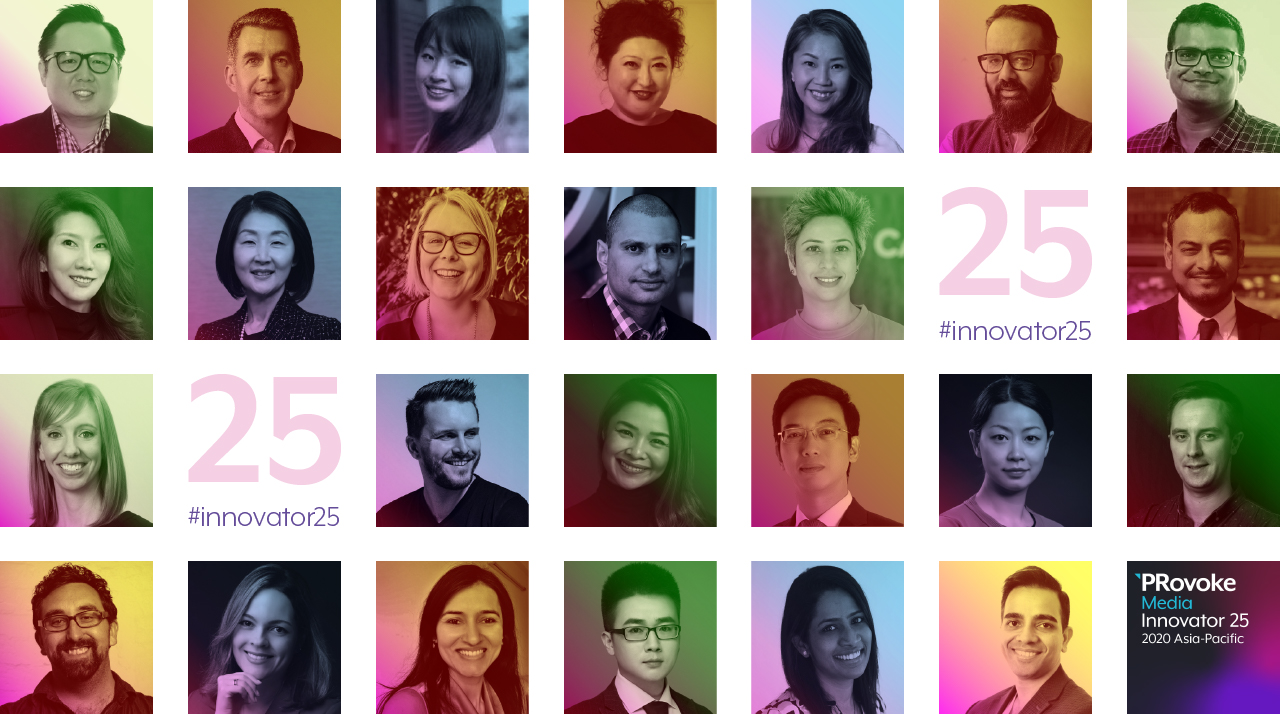 Our fourth Innovator 25 class in Asia-Pacific provides a valuable glimpse of our industry’s future, shining a spotlight on those individuals who are reshaping influence and engagement at a time when the industry is reimagining the future of work, campaigns, live events and much more.
Our fourth Innovator 25 class in Asia-Pacific provides a valuable glimpse of our industry’s future, shining a spotlight on those individuals who are reshaping influence and engagement at a time when the industry is reimagining the future of work, campaigns, live events and much more. 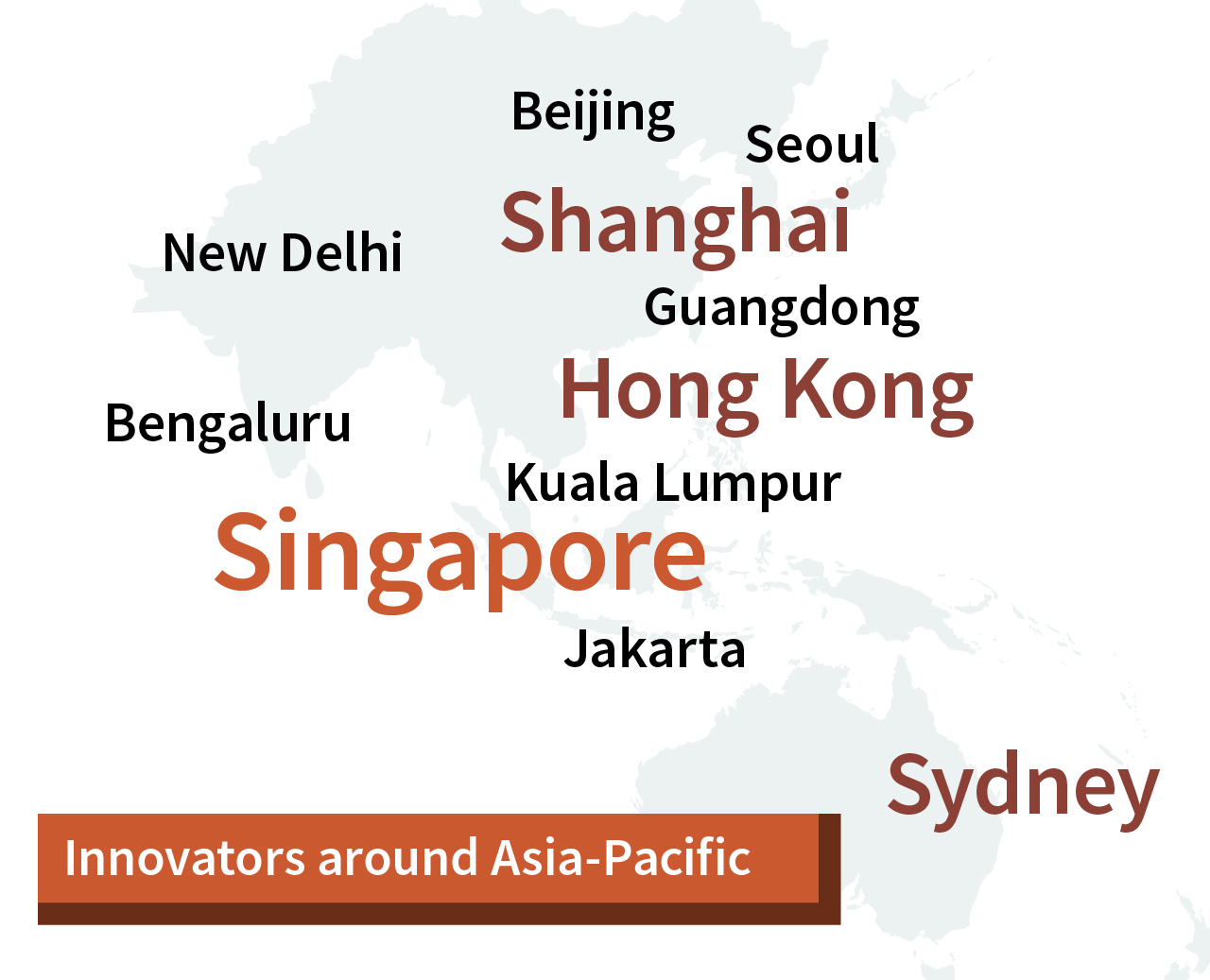
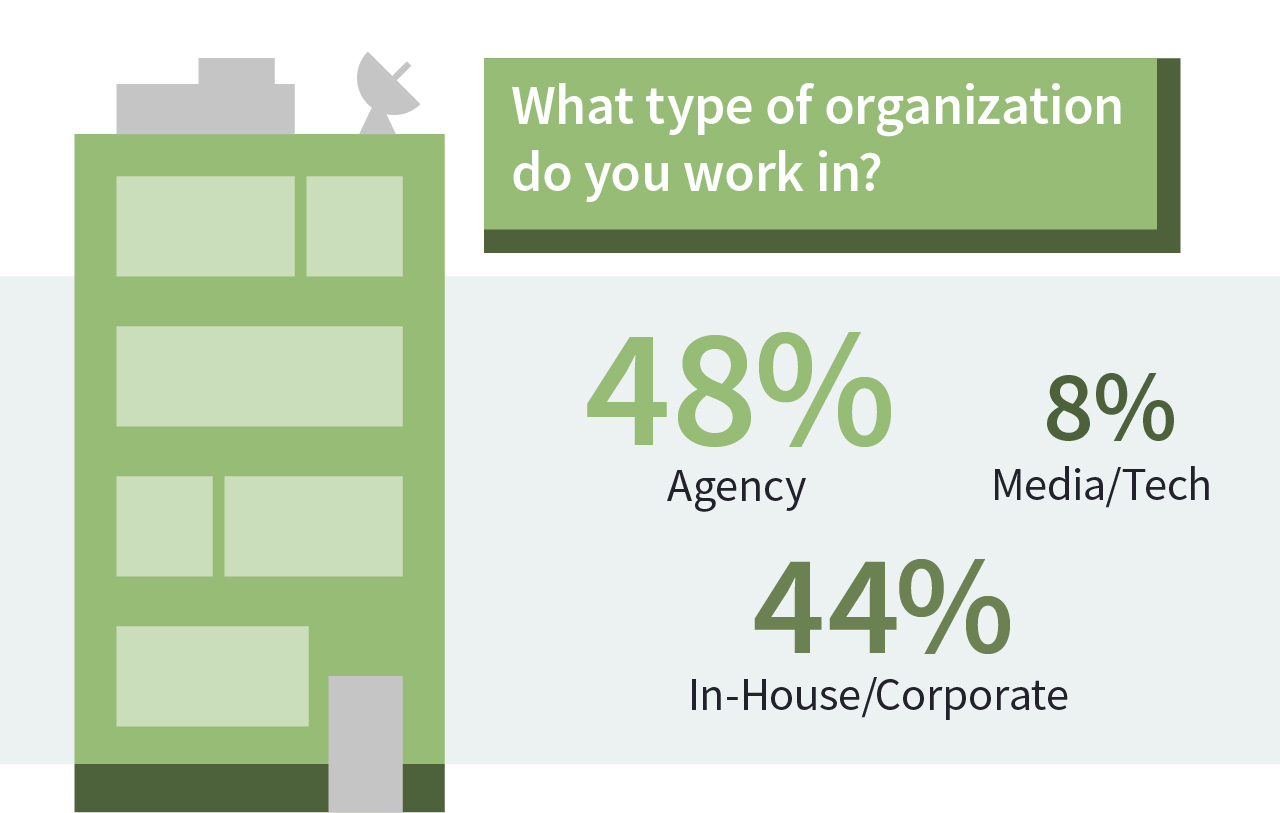
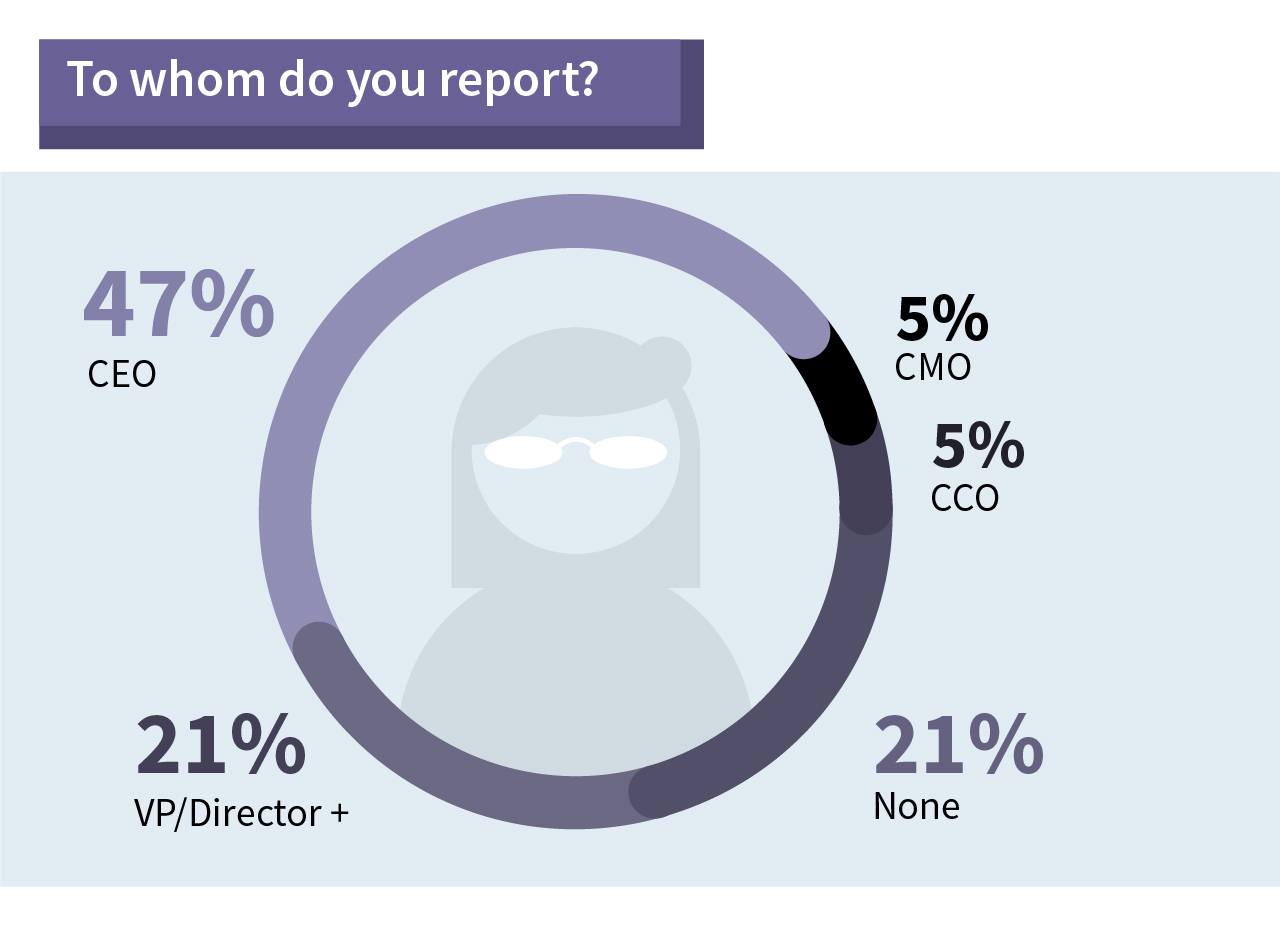 Each of the Innovator 25 profiles explores their views towards the state of industry innovation, while also providing unique insight into the habits and learnings that drive our class of innovators. While previous years have seen the early morning favoured to a degree that sometimes seems alarming, this year saw a broader spread of answers, perhaps reflecting the realities of lockdown life.
Each of the Innovator 25 profiles explores their views towards the state of industry innovation, while also providing unique insight into the habits and learnings that drive our class of innovators. While previous years have seen the early morning favoured to a degree that sometimes seems alarming, this year saw a broader spread of answers, perhaps reflecting the realities of lockdown life. 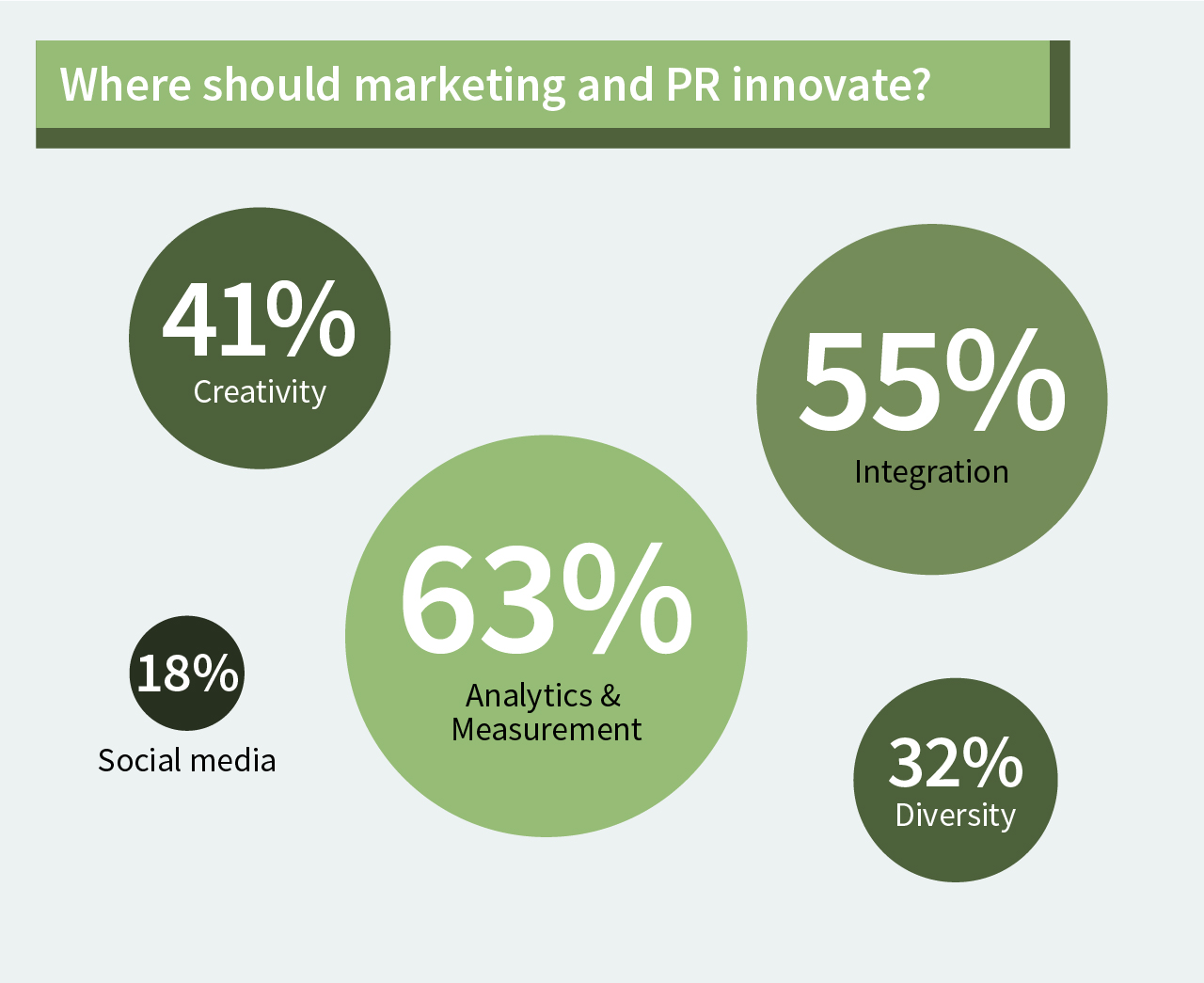
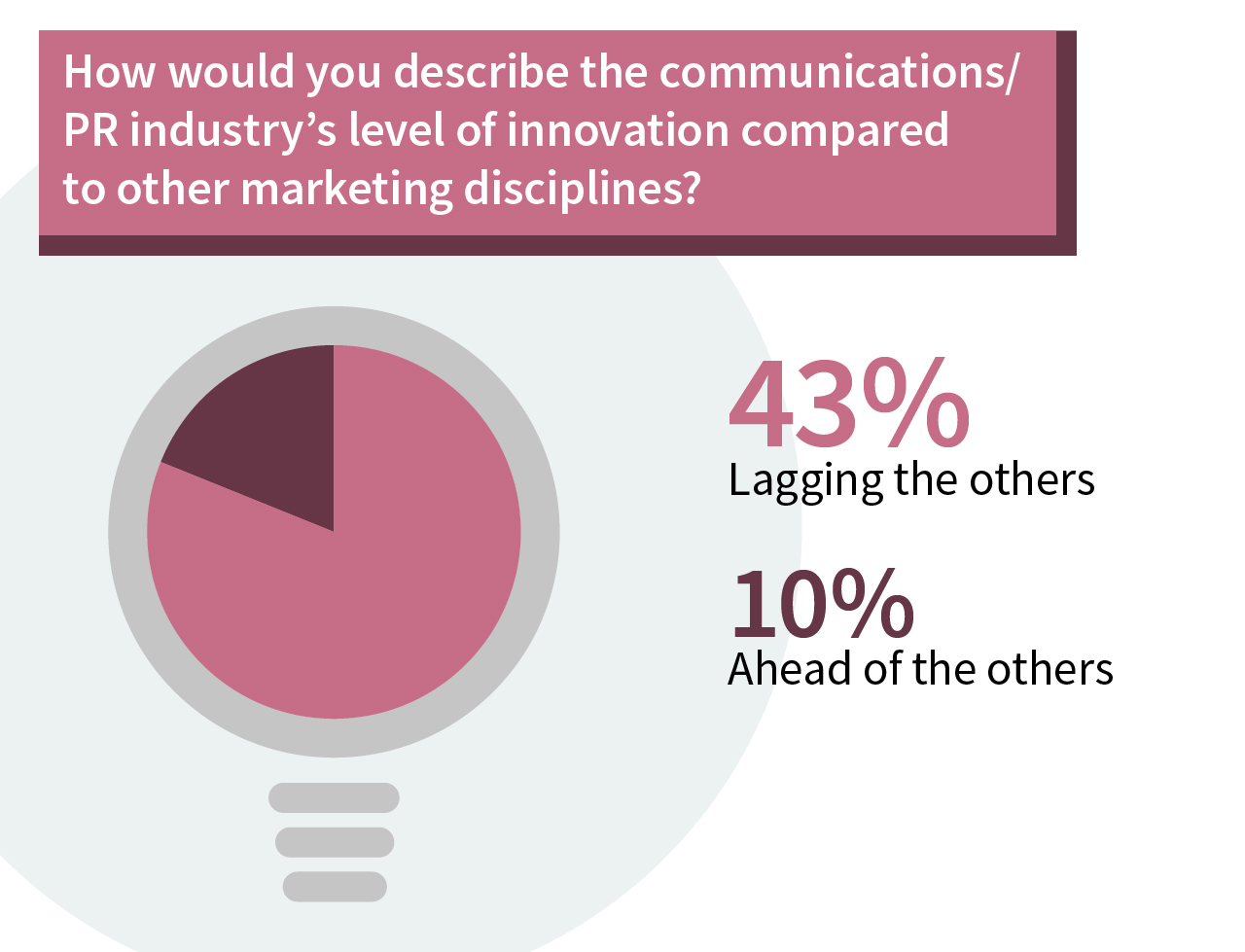
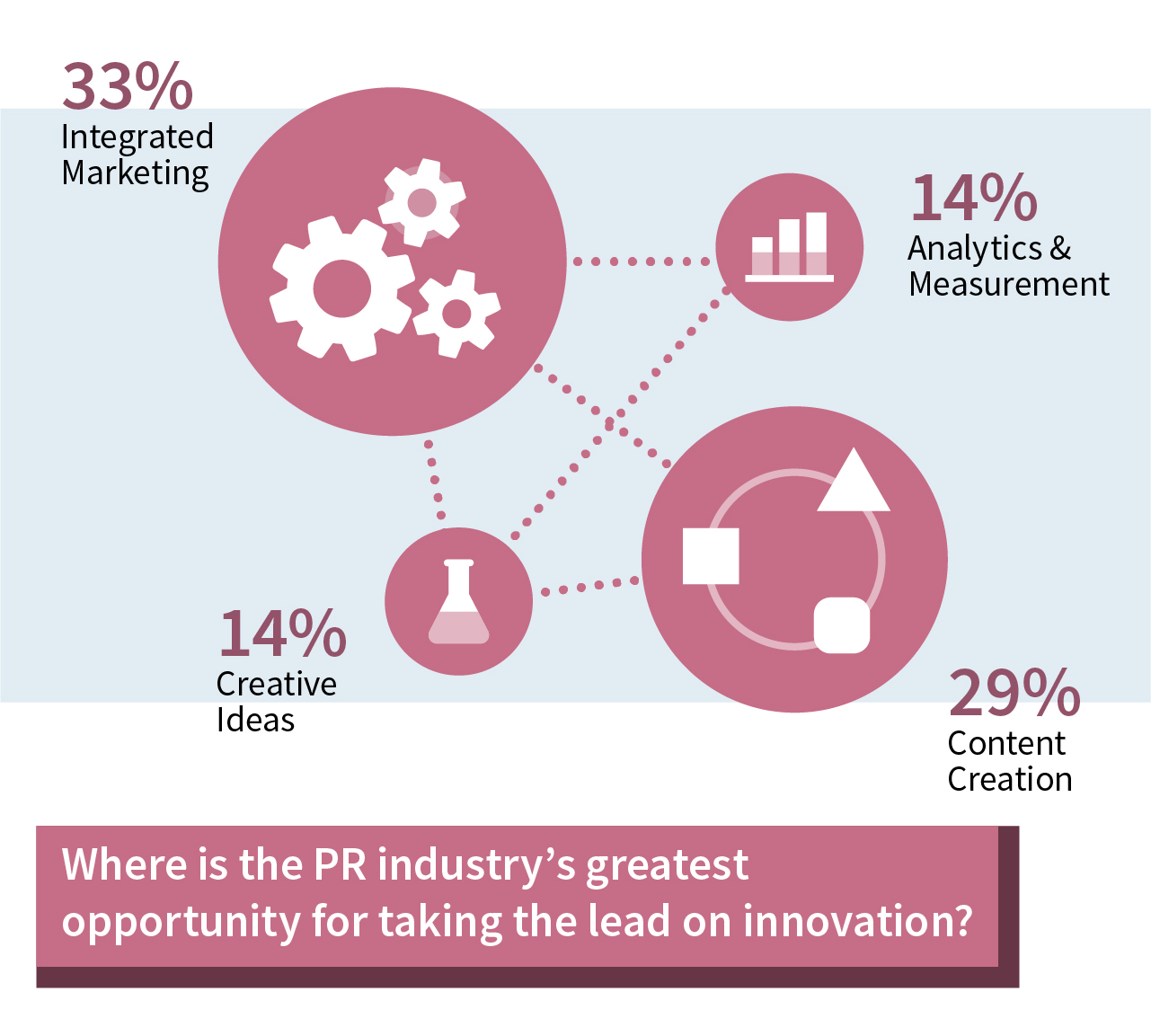
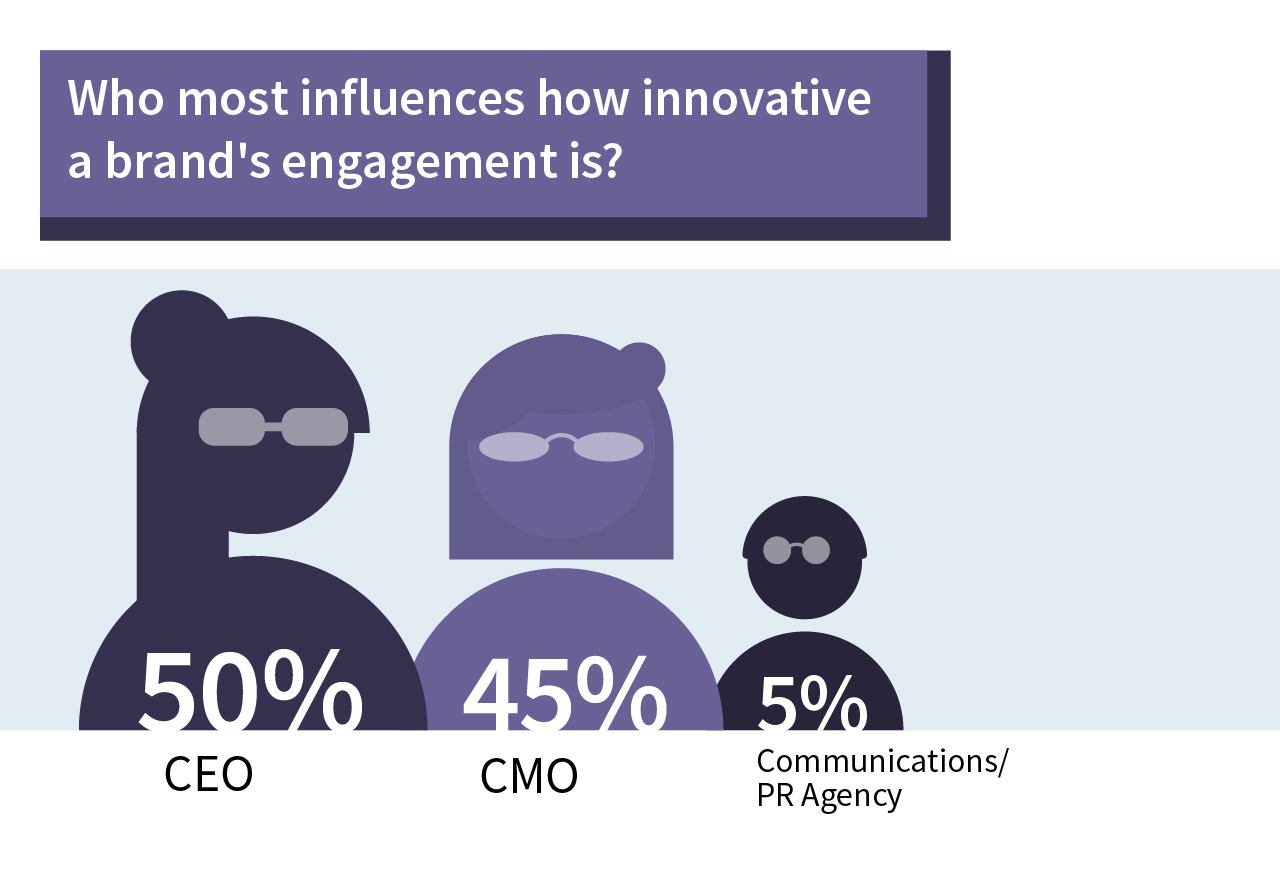
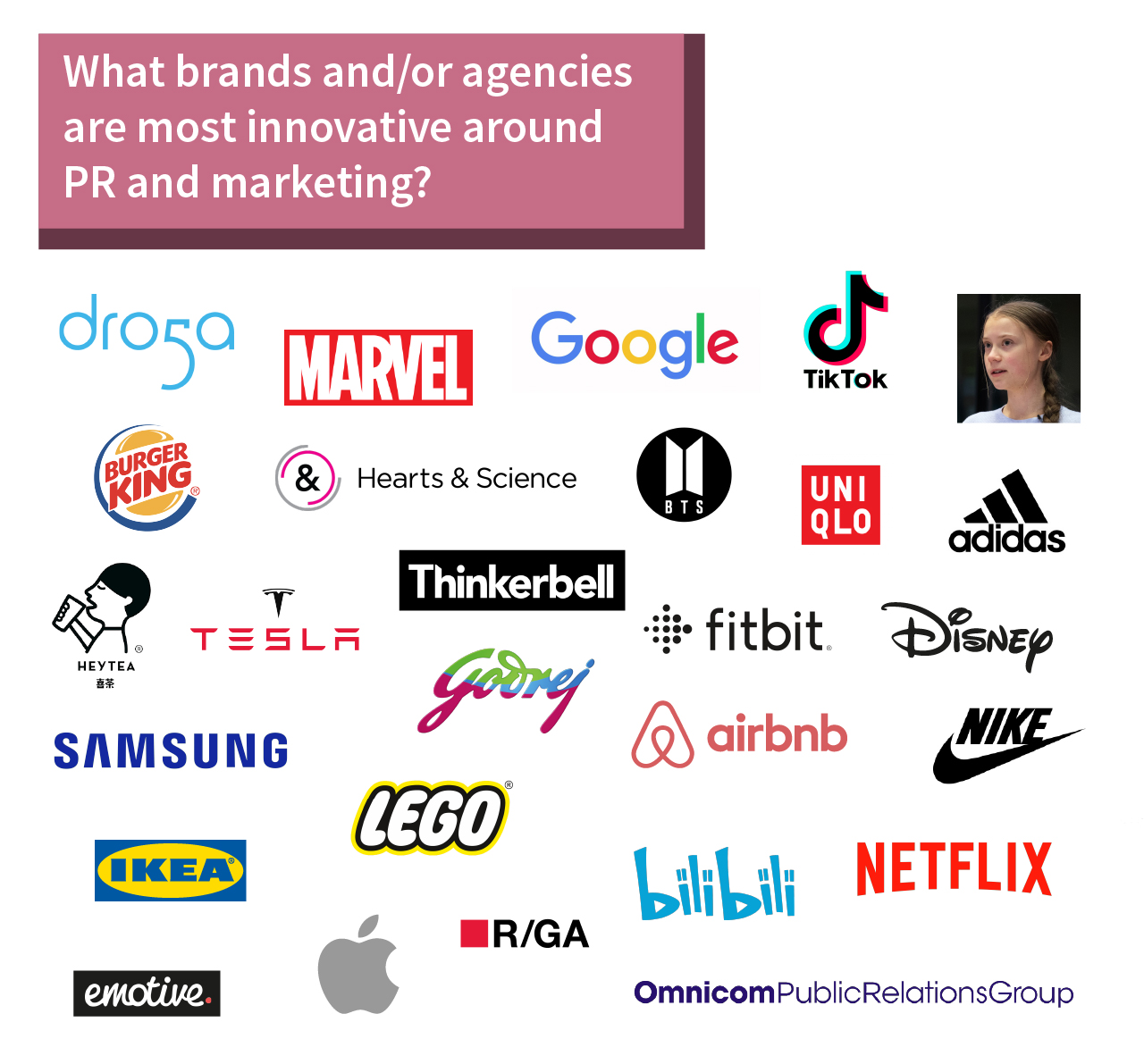
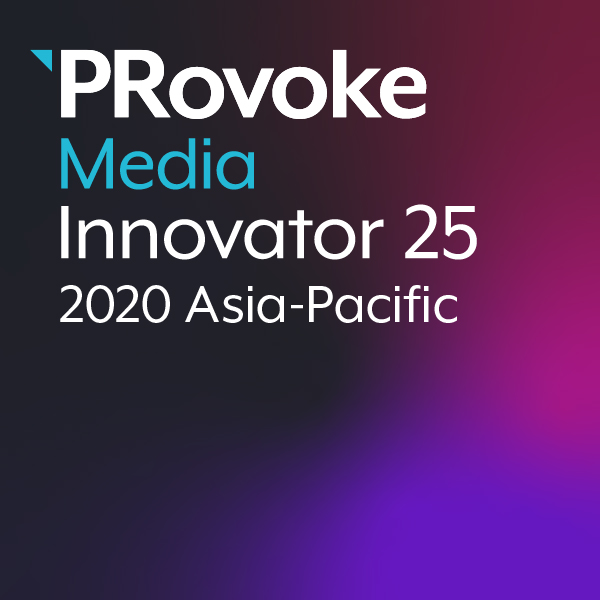
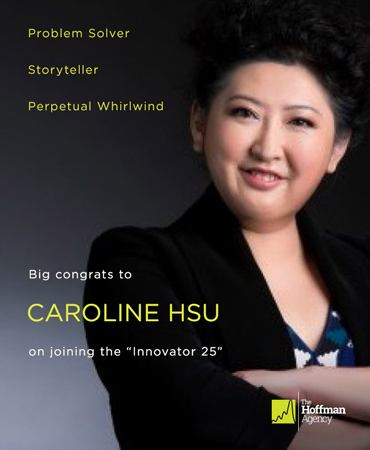
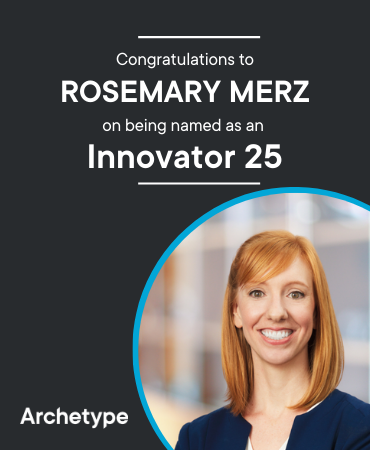












.tmb-135x100.png)








Intelligence and insight from across the PR world.
About PRovoke Media Contact Us Privacy & Cookie PolicyWe feel that the views of the reader are as important as the views of the writer. Please contact us at [email protected]
Signup For Our Newsletter Media Kits/Editorial Calendar Jobs Postings A-Z News Sitemap© Holmes Report LLC 2024